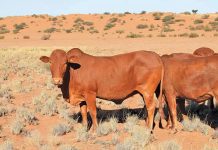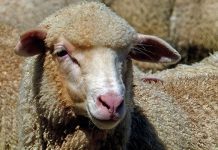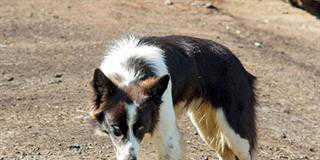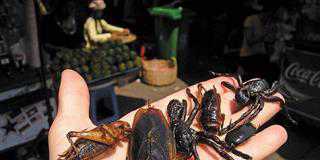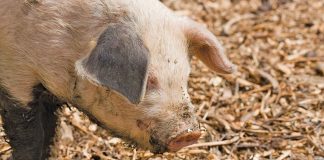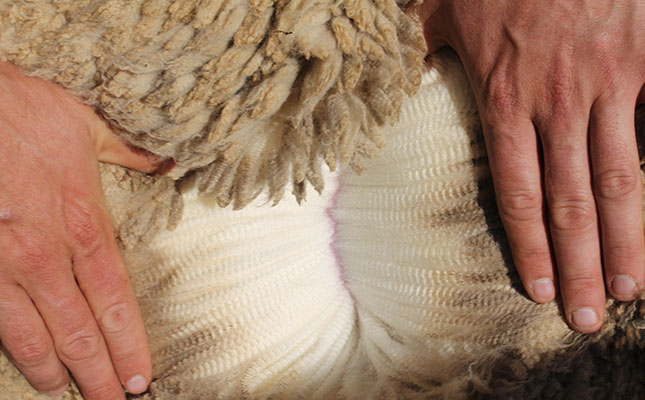
The Merino Sheep & Wool Experts Society was established in 1928 to standardise the classing and judging of Merino sheep in South Africa.
After the 1955 to 1960 ‘wool boom’, the government implemented a stock reduction scheme to protect the veld from Merino overstocking.
As many farmers sold or slaughtered sheep to survive, the society expanded its brief to include advice on flock management and feeding.
In 2012, to accommodate other wool breeds, the society changed its name to the Sheep & Wool Experts of South Africa.
Cape Wools keeps accurate statistics on wool production in South Africa.
“We work with them to ensure we keep the wool classing accurate,” says Sheep & Wool Experts president John Melville.
This includes training shearers and inspecting shearing sheds, both of which are of the utmost importance in maintaining the high standard of wool classing in South Africa.
Code of conduct
“In addition, the society has played a big role in formulating the code of conduct for sheep and wool experts and the method of judging sheep,” he explains.
“Ideally, we would like every official who does inspection at stud sales to be a member of the society, because we’re up to date with all the breed standards.”
Every few years, officials get together to review breed standards to ensure they remain applicable to modern sheep.
“On occasion, some of the breeder associations will contact us to revise their breed standards,” says Melville.
“We’re always willing to help, because the sheep and wool experts are in the veld and the sheep kraals across South Africa. We see at first-hand what’s working for the breed.”
How to join
Membership is open to farmers or anyone else actively involved in the wool and sheep industry in South Africa.
Application forms are available from John Melville at [email protected].
Requirements for membership include passing Merino SA’s Merino advisors course. Annual dues are R100.
The society’s executive committee appoints an annual ‘Sheep and Wool Expert of the Year’. This person must have been a member of Sheep & Wool Experts for at least five years and active in the industry for more than 10 years.
“This is not an annual award,” notes Melville. “The appointment will only be considered if a nomination is made.”
The current Expert of the Year is Frikkie Aucamp, who works for CMW in the Trompsburg district.
The wool and sheep industry in SA
- South Africa’s sheep and wool industry plays an important economic role as an earner of foreign exchange for the country.
- The main sheep breeds used for wool production are the pure-bred Merino, followed by other dual-purpose Merino strains (Dohne Merino, South African Mutton Merino and the Letelle).
- The largest percentage of the clip is sold at auctions held under the auspices of the South African Wool Exchange. These take place in Port Elizabeth once a week during the season (August to June). Although it is auctioned from a central point, wool is warehoused in Port Elizabeth, Cape Town and Durban.
- Prices paid are closely linked to the international price for apparel wool, which is determined by the Australian market.
Source: Cape Wools marketing brochure (capewools.co.za).
Phone John Melville on 082 854 9795, or email him at [email protected].



